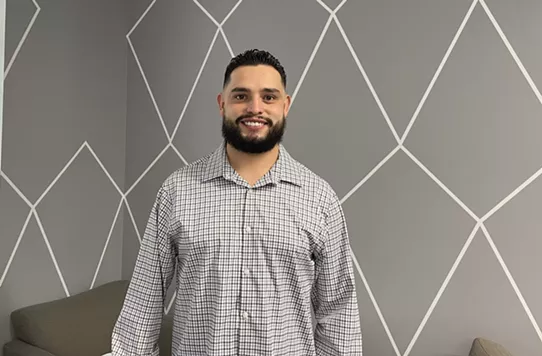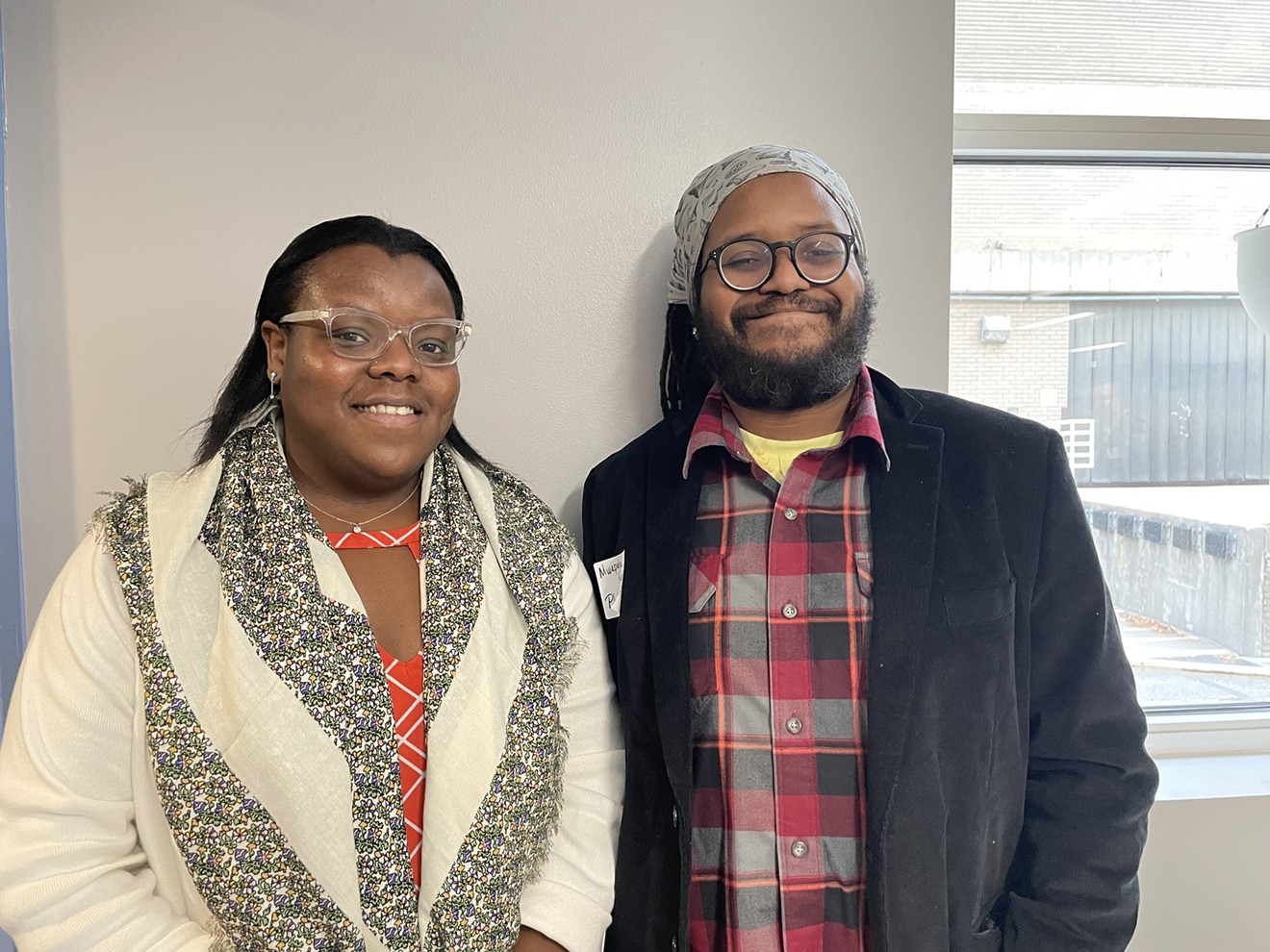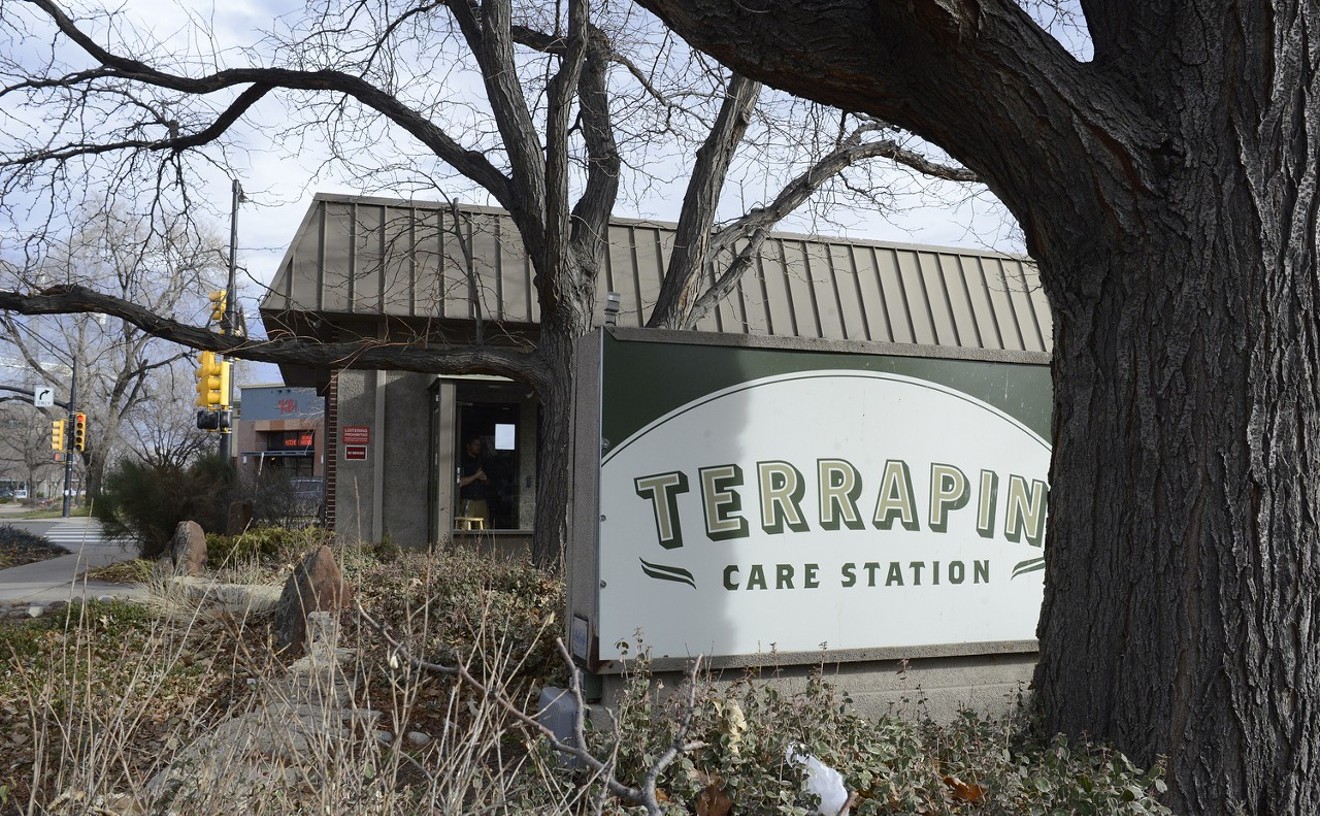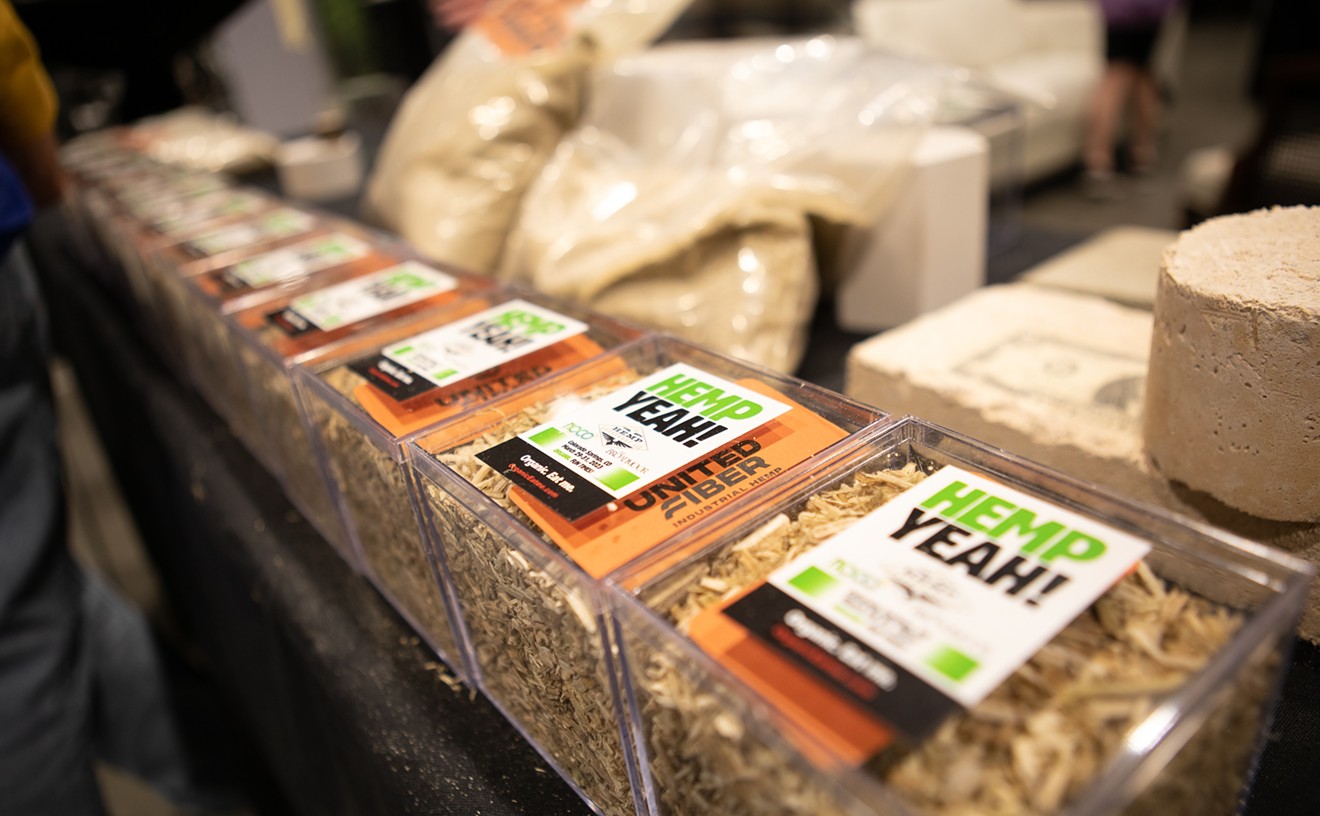The City of Denver and the State of Colorado have both implemented separate measures aimed to increase diversity in legal marijuana ownership, but this past weekend marked the first event organized in partnership between the two. The 2022 Social Equity Opportunities Conference, held in Denver on Saturday, November 5, educated around 250 attendees, largely made up of new marijuana business owners and license applicants from underserved backgrounds, on aspects of running a cannabis business. According to several budding entrepreneurs, there was a lot to take in.
Denver City Council overhauled local marijuana business rules in April 2021, requiring that new licensees meet one of the following requirements: an established residence in an area disproportionately impacted by the War on Drugs, a previous drug conviction in one's family, or a low level of income. These rules are in place until 2027, although City Council later amended the law again to enshrine permanent social equity requirements for those who apply for licenses to deliver marijuana.
The State of Colorado created a new division within the Office of Economic Trade & International Development in 2021, the Cannabis Business Office, to provide grants and technical assistance to aspiring marijuana business owners who met similar social equity criteria. However, both OEDIT and the Denver Department of Excise and Licenses have found that many social equity license applicants still struggle to start or sustain businesses. Both agencies hoped that Saturday's conference would provide resources for entrepreneurs to tackle marijuana industry challenges in accounting, funding and compliance.
One attendee considering applying for a social equity license, Juan Enriquez, has worked in the pot industry for years on the cultivation side. Enriquez now wants to launch his own marijuana growing operation — but first he’s soaking in sides of business leadership he didn’t previously know about, like marketing and construction and buildout permits.
“It’s not just growing cannabis anymore,” Enriquez said at the conference.
His love for the plant is what’s kept him in the industry, Enriquez explains, but he wants to give back as he evolves as a business owner. Enriquez's vision is to create jobs in the industry for people of color and Latinos like him, he adds.
“A lot of people don’t understand that when it comes to the business, it’s not just putting in the money,” he says. “It’s putting the branding and making a name for yourself, especially after ten years of people getting into the business.”

Juan Enriquez hopes to use his experience in the marijuana industry to own his own business.
Catie Cheshire
Public marijuana consumption areas have been slow to open in the city, however, with restrictive location rules and a ban on indoor smoking until 2021. At this moment, there is only one open pot lounge in Denver, the Coffee Joint (which isn’t licensed for indoor smoking), with two more establishments approved for marijuana use but not yet in operation.
Ndomoro got into cooking with marijuana when a close friend was diagnosed with cancer. She made her friend meals infused with cannabis and soon had requests to do so from others in treatment for cancer through her friend.
But in Philadelphia, where marijuana is decriminalized but not legalized, Ndomoro knew she could never go beyond favors for friends. In Colorado, a restaurant like the one she envisions still wouldn’t be permitted, because laws currently stipulate that each infused product must be tested, replicated and packaged before it’s approved for consumption, which isn’t the nature of a restaurant kitchen.
For now, Ndomoro is focusing on an edibles-forward marijuana hospitality business, and plans to advocate for new state laws that would eventually allow a restaurant like the one she would like to open.
She and her brother run a digital media company, Eclectic Media Group, as well. Ndomoro says she’s an entrepreneur by nature and wants to make all of her ideas become reality. As the duo navigates which of their ideas will and won’t work, Mwaputsa says the social equity programs have been extremely helpful, starting with assisting the siblings in finding a space for their business, which he says they are close to completing.
Both the Kuretus and Enriquez were excited about one-on-one sessions offered as part of the conference, with conversations focused on marketing, funding, networking or product development.
Dominique Mendiola, senior director of the Colorado Marijuana Enforcement Division, says the conference demonstrates how the state is evolving its work around social equity, particularly in its partnership with local jurisdictions like the City of Denver.
“It’s not just about getting in the door. It’s 'How can we support you?'” she says. “You’re not just in and bye. We’re still here, and we want to continue to hear feedback.”











